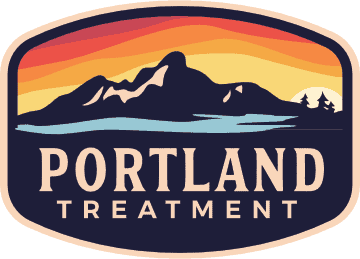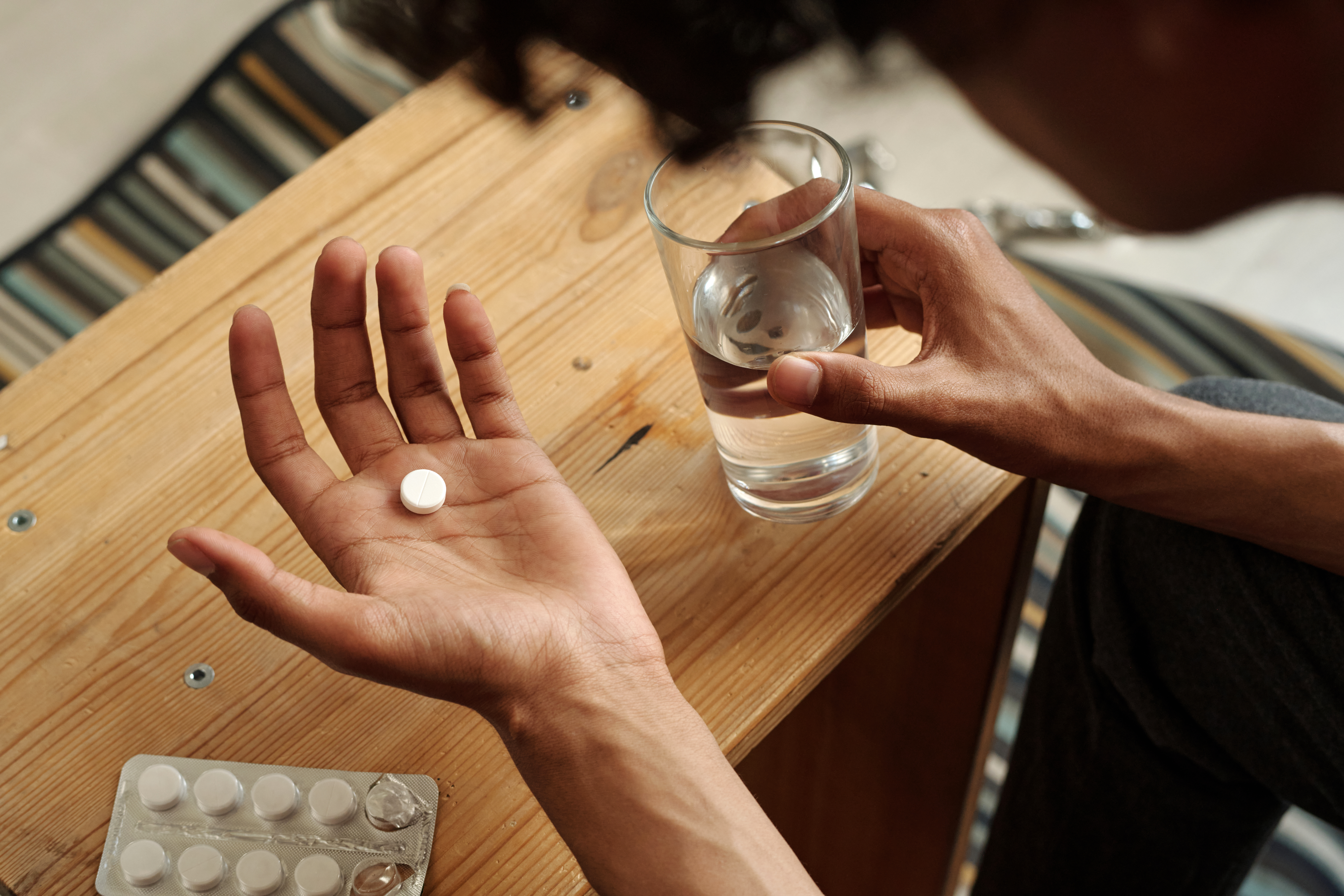Morphine Addiction Treatment in Portland, Maine
Morphine is a powerful opioid medication frequently prescribed to manage severe pain, including post-surgical recovery or cancer-related discomfort. Although highly effective, morphine carries a significant risk for dependence and addiction. At Portland Treatment Center, we understand the challenges and complexities of morphine addiction. Our dedicated team is here to provide compassionate care and evidence-based treatments to help individuals reclaim their lives from the grip of addiction.
Understanding Morphine and Its Risks
Morphine is derived from the opium poppy and classified as a Schedule II substance, indicating its high potential for abuse. It works by binding to opioid receptors in the brain, effectively reducing pain sensations but also causing dopamine release, which can lead to feelings of euphoria and a heightened risk of addiction.
Common Side Effects of Morphine
While effective for pain relief, morphine use can result in several side effects, including:
Drowsiness or sedation
Constipation
Nausea and vomiting
Itching or rash
Respiratory depression
Anxiety and depression
Difficulty concentrating or memory impairment
Prolonged or improper use can exacerbate these symptoms, significantly increasing addiction risk.
Signs of Morphine Addiction
Recognizing the signs of morphine addiction can enable timely intervention and support. Common indicators include:
Physical Signs:
Increased tolerance requiring larger doses
Experiencing withdrawal symptoms (such as nausea, anxiety, tremors) when not using
Continued use despite negative health impacts
Behavioral and Psychological Signs:
Obsessive focus on obtaining and using morphine
Neglect of personal responsibilities, relationships, or hobbies
Sudden changes in mood or behavior
Social withdrawal and isolation
If you or a loved one exhibits these symptoms, seeking professional help is vital.
Effective Morphine Addiction Treatment
Recovery from morphine addiction is achievable with the right support. At Portland Treatment Center, we offer a comprehensive treatment approach, including:
Medical Detoxification
Detoxification is the initial step, safely managing withdrawal symptoms under medical supervision. This critical phase ensures comfort, safety, and prepares you for ongoing treatment.
Medication-Assisted Treatment (MAT)
MAT combines medications like methadone or buprenorphine with counseling and therapy. These medications help reduce withdrawal symptoms, manage cravings, and significantly improve recovery outcomes.
Evidence-Based Therapies
Our tailored therapy programs include:
Cognitive-Behavioral Therapy (CBT): Helps identify triggers, manage cravings, and develop healthier coping mechanisms.
Dialectical Behavior Therapy (DBT): Enhances emotional regulation, mindfulness, and interpersonal effectiveness.
Group Therapy and Support Groups: Provides community support, accountability, and shared experiences for mutual empowerment.
Family Therapy: Engages family members in the recovery process, improving relationships and fostering a supportive home environment.
Aftercare and Continued Support
Recovery is a lifelong process. Our aftercare planning includes:
Sober living arrangements
Ongoing outpatient therapy
12-step and peer support programs
Continued medical follow-ups and medication management
Preventing Morphine Addiction
Prevention begins with awareness and responsible management of morphine prescriptions:
Follow your healthcare provider’s instructions precisely.
Regularly communicate with your doctor about your pain management plan.
Dispose of unused medication safely to avoid potential misuse.
Seek immediate assistance if you notice early signs of dependence.

